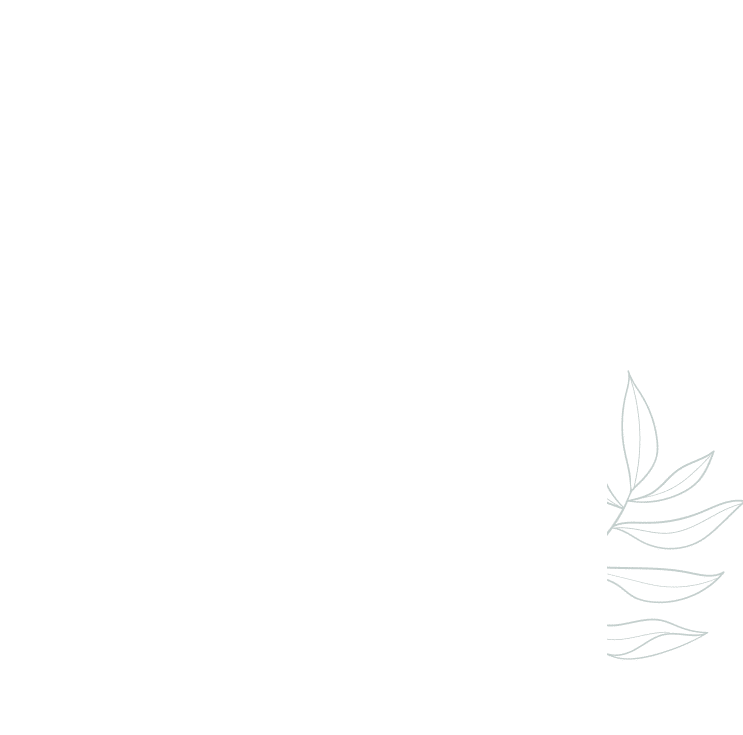2208 University Blvd Suite 102
Birmingham, AL 35233
The Flexner Report
Note: A shorter version of this was a posting on social media so apologies if some of what you are reading is redundant, but this topic is so critical to how physicians are trained in this country, that I needed to expound on this.
Published in 1910 (and notably paid for by the Carnegie Foundation,1 though in the video below he incorrectly identifies the funding source as John D. Rockefeller), this will mean nothing to non-physicians but it affects all of us to this very day. In medical school we are taught about how this investigation-turned-report saved American medicine from the unstandardized Wild West that it was in the early 1900s, and turned it into the evidence-based Shangri-la that it is today (Wait, don’t we spend more yet have the worst outcomes of any western nation?2 But I digress…). In reality, it derided and denigrated all forms of complementary or “alternative” medicine such as homeopathy, naturopathy, etc., and established a pharmaceutical deficiency as the cause of many (if not all!) health conditions, resulting in the current medical training model (with resulting outcomes to match!) that we have today. I have started to follow Dr. Suneel Dhand (also a Lifestyle Medicine physician!) on YouTube, and he sums up the situation nicely:

One of the sad outcomes of this report was that all physicians are taught only about pharmaceutical approaches to treating diseases, and little to nothing about how to prevent them in the first place, or how to treat them without reflexively reaching for a prescription pad. Once I learned of the field of Lifestyle Medicine’s existence, and became board-certified, I wanted to return to my training program – the same program that had omitted this entire area of critical knowledge from my education – and share this new-found knowledge. Offering to speak to the current cohort of residents (speakers are always in demand at trainees’ twice-daily lectures) in hopes that they would be aware of the existence of this field of study, I was sadly rebuffed by the program director, who stated that “we try to stay away from the controversial stuff.” So telling folks how to eat purposefully and in a healthy manner, sleep better, incorporate physical activity into daily living, etc. is deemed “controversial” in our current system. Right.
The Europeans are not beholden to the same limitations that seem to hinder U.S. medical training. There, you might find yourself at an anthroposophic hospital, where homeopathic, naturopathic, and other non-US-standard treatments are administered along with conventional medications, and even the cleaning solutions contain healing essential oils of lavender, rosemary and rose. Anthroposopathy will be a new term to most Americans – physicians included – and it looks at how the connections between education, human interaction, environment, and nutrition play into the healthy development of the whole human being.”3 Have you ever been recommended to do balneotherapy (the therapeutic use of thermal baths) or uleotherapy (sleeping above beehives) by your physician?
I think it was Albert Einstein who said that the definition of insanity was to do the same action repeatedly and to expect different results. If we have the worst outcomes of any western nation, why are we not trying something new, and perhaps even “controversial”? At this point it seems insanity not to try something different.
References
- Duffy TP. The Flexner Report–100 years later. Yale J Biol Med. 2011 Sep;84(3):269-76.
- https://www.commonwealthfund.org/publications/issue-briefs/2023/jan/us-health-care-global-perspective-2022 (Accessed 8/8/23).
- https://anthroposophicmedicine.org/resources-overview (Accessed 8/8/23).
Get Started on Your Wellness Journey

Send Us an Email
"*" indicates required fields
Service Hours
- Monday : 10:30AM - 5:00PM
- Tuesday : 8:00AM - 5:00PM
- Wednesday : 8:00AM - 5:00PM
- Thursday : 8:00AM - 5:00PM
- Friday : 8:00AM - 5:00PM
- Saturday - Sunday : By Appointment
Follow us on Social Media
@2023 Copyright All Rights Reserved